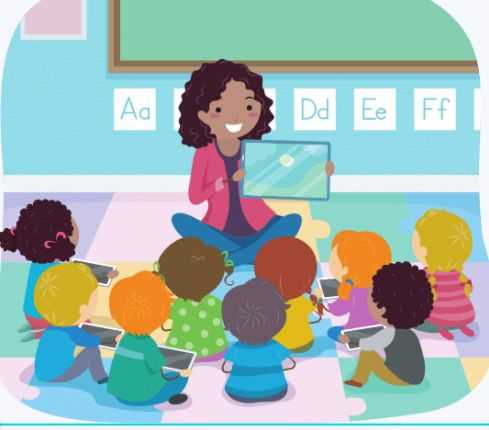Standardization of tests drastically negatively affects the innovativeness of any education system. It makes educators focus on targets rather than thinking creatively through ideas, and students become a mere number – a score. These kinds of tests rob learning of its enthusiasm and life, wiring out the creativity from the students rather than encouraging innovative approaches to problem solving.
Standardized testing is psychologically motivated, as the structure of the tests do not consider development of a student’s independent thought. Teachers, who themselves are under high pressure and an enormous target of achievement, tend to move away from creating a curiosity in the minds of students regarding different aspects to cramming the kids and the students on selected subjects. This downplays the curriculum, leaving out extra classes like art, music, writing among others – the courses where the students exceed their ordinary self. It means that the current generation is a generation of followers and not innovators, or rather creative thinkers.
These tests do not measure creativity at all since creativity is not measured in such a way we are to notice. They value correctness more than they value time and exploration of ideas, which is the essence of creativity and advancement. This simply means that students learn to avoid failure and anything that may lead to it at all times. It also fosters insecurity and competition – key attributes decide success based on scores and not on innovation.

These changes go beyond the classroom environment and influence the society as a whole. As the focus is put on quantitative results in education, it produces workers who can complete exclusively given tasks instead of innovators who question the existing paradigm. Creativity as the driving force necessary for enhancing development takes a backstage for stability. Sensitive sectors of economy such as technology and art are negatively impacted by the existing school system that churns out conformists not innovators.
Before it gets completely lost, one has to clearly state that education has to change the current trend where it focuses on standardization. Despite the effectiveness of tests in evaluating the knowledge of learners, they should not control the soul of learning. In addressing this means, more emphasis should be placed on efficiency of assessment as well as the freedom that is required for students’ skills to be developed in accordance with their potential. Only then can we grow a generation that envisages, innovates, and progresses humanity— and not just a generation that circles the correct options in exams.
Conclusion
Educational equity and creativity can only grow when children and educators are free from the grip of standardized testing. It binds the students to tradition to stifle the creativity that defines the society and brings about change. It negatively affects society as it discourages production by placing too much emphasis on some specific metric. Schools cannot buy into this approach; rather they should denounce the practice of fixation on assessment in favor of liberation to bring about the future where ideas overflow and humanity progresses due to the ideas that originate from open-minded spirits.